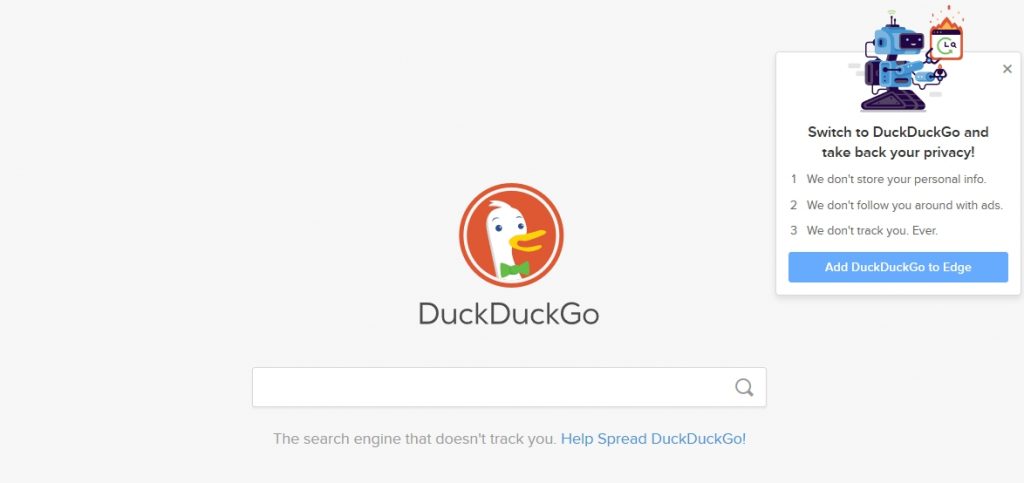Unless you have been living under a rock, you have probably noticed that many of the big social networks have really been falling out of favor lately (with LinkedIn being the notable exception). I have been absolutely amazed by the number of people that I have talked to in the last few months who have told me that they have either closed or abandoned their social media accounts.
The trend is hardly surprising, especially given some of the recent security breaches. Besides that, some Facebook subscribers have expressed concerns over personal privacy, especially after the company allegedly tried to acquire subscribers’ banking and medical records and even nude selfies. When you also consider that some of the other social networks have been accused of censoring certain types of content, shadow banning people, and trying to manipulate subscribers in various ways, it is no wonder that people are leaving the social networks in droves.
Social networks, social studies

The thing about social networking is that they only work if they are, well, social. One of the things that made Facebook so successful is that it gave people a way to connect with friends or family members that they had not talked to in years. I personally believe that the number one reason why Facebook has enjoyed such longevity is because the company succeeded in getting so many people to sign up. Everyone knew that Facebook was the go-to site for getting in touch with old friends, long-lost family members, or maybe even that ex that you still have feelings for.
Almost everyone that I know has (or rather had) a Facebook account. In fact, Facebook is my sole means of communication with many of my friends. (I only accept Facebook friend requests from close friends and family members.)
For better or for worse, social networks have become deeply embedded in our culture. For many people, checking their social media accounts is as important of a part of their morning routine as that first cup of coffee.
Given all of the bad press that some of the social networks have been receiving lately, and the number of people who have been abandoning those networks because of privacy concerns, security concerns, or because they are sick of the trolls, or just don’t want to be exposed to offensive content, it seems fair to consider what would happen if the social networks were to disappear.
Let me just start by saying that I seriously doubt that we will ever find ourselves in a situation where we wake up one morning and Facebook, Twitter, and others are simply gone. While it does seem likely that one or more of the major social networks will eventually collapse (unless they genuinely address countless ethical concerns), such a collapse won’t happen without warning. Plunging stock prices, stories in the tech blogs, and word of mouth will all probably signal an imminent collapse long before it actually happens. That will at least give people time to make copies of any content that they wish to preserve. But what happens when the social networks do eventually collapse?
Remember Myspace?
I am not predicting (nor wishing for) the demise of any specific social network. But if any of the major social networks were to go out of business, we would likely see countless new or existing but obscure social networks rushing in to fill the void. Let me give you an example. Myspace was once the dominant social network. Although Myspace eventually failed, its demise did not mark the end of social networking. Instead, its place in the market was overtaken by arguably better and more capable social media platforms.
I think that the same thing will happen if or when any of the big social networks eventually fail. People have been conditioned to use social networking and will naturally gravitate toward the next up and coming social networking service.
I have absolutely no idea which social networking site will become tomorrow’s dominant platform. It may even be a site that does not exist yet. Either way, I can think of a few things that may lead to such a provider’s success.
I think that the number one thing that a future social networking giant will have to do in order to win acceptance from would be subscribers is to make a very public commitment to ethical behavior, starting with not spying on people. By now most people seem not to be under the illusion that they have any sort of online privacy. Even so, I think that the vast majority of us are probably sick of being spied on and having our information sold to the highest bidder. In the not too distant future, I expect to see a major pendulum swing in favor of personal privacy.
In some ways, this trend is already happening. Consider, for example, the search engine Duck Duck Go. Duck Duck Go prominently markets itself as “the search engine that does not track you.” The main Duck Duck Go interface, which you can see in the figure below, indicates that the company does not store your personal information, doesn’t follow you around with ads, and does not track you – ever.

Duck Duck Go is the search engine of choice for those who do not want to be tracked.
I have not been able to find any recent/credible usage statistics for Duck Duck Go, but the search engine is rapidly gaining traction against its competitors. Lately, I have been hearing Duck Duck Go mentioned on a regular basis both in the tech world and among consumers.
Another thing that tomorrow’s dominant social network will have to do is to distance itself from the site’s contents. In recent years some of the major social networks, search engines, and other sites have been accused of manipulating content in a way that promotes the company’s agenda. I will let you decide for yourself whether or not such allegations are credible. Regardless, I suspect that most people would probably appreciate a social network that pledges to stay out of everyone’s business and lets the chips fall where they may.
Finally, although a bit of a contradiction to my previous point, I think that the next dominant social network, whatever that may be, will have to have a strategy for dealing with trolls. Unfortunately, I can’t tell you what such a strategy would look like. It’s really difficult to stop the trolls without also stomping all over free speech in the process. Perhaps the best solution might be for the social networks to avoid content policing altogether, and instead, give subscribers the tools that they need to protect themselves from trolls. Again, I’m not really sure what those tools would look like.
A better way of doing things
We have all heard the old adage that if you build a better mousetrap the world will beat a path to your door. Perhaps nowhere is this old saying more true than in the online world. Throughout its history, the Internet has seen countless examples of people flocking to innovative new sites that have found a better way of doing things than whatever site was popular before. My guess is that we will eventually see this same pattern play out in the social network space. Being that there is widespread discontentment with regard to the way that some of the social networks operate, the conditions are ripe for a new service provider to step in and completely disrupt the industry.
Featured image: Shutterstock



